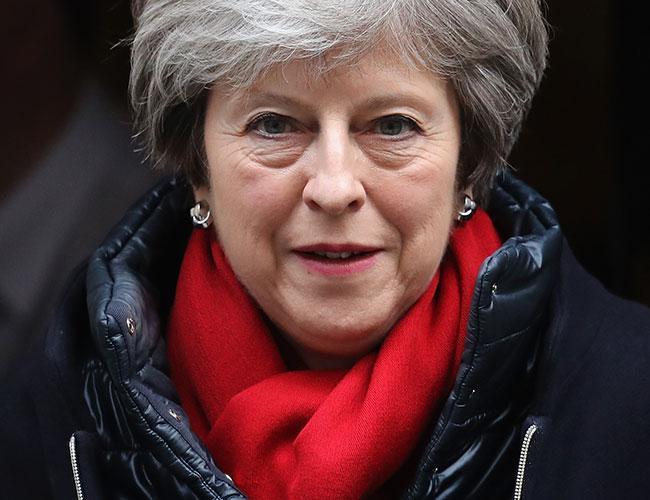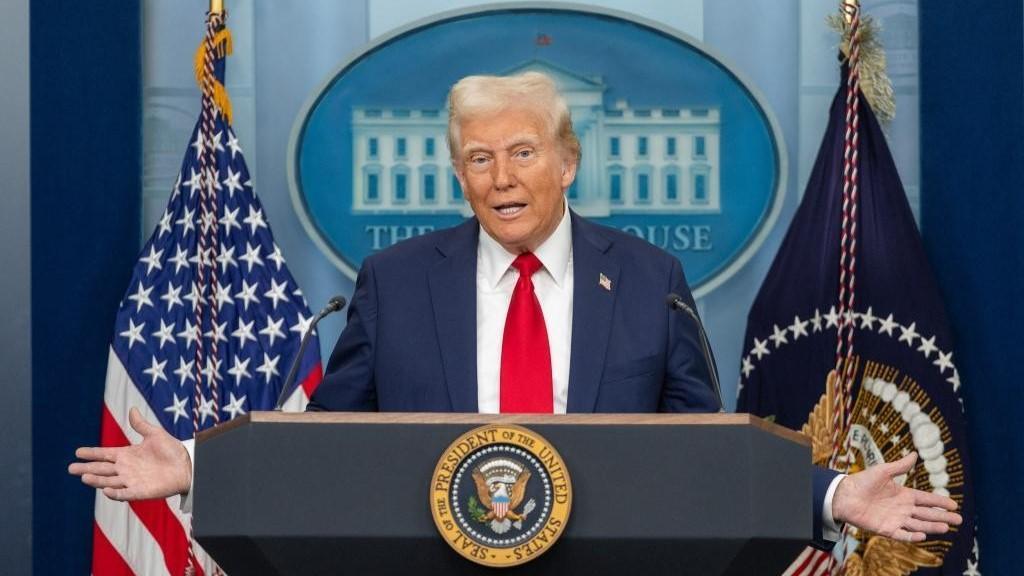EU unveils Brexit transition punishment plan
BRUSSELS - Agence France-Presse

The European Union unveiled plans on Feb. 7 to curb to Britain’s access to the bloc’s single market if it breaks the rules of the post-Brexit transition period, in what critics dismissed as “silly threats.
The draft transition agreement also says that Britain must avoid any actions that are “likely to be prejudicial” to the European Union’s interests during the nearly-two year phase from March 2019.
Britain and the EU began talks this week on the transition, in which London must follow all EU laws without having any decision-making powers, in exchange for frictionless access to the single market.
But the EU’s draft, in a footnote to the five-page document, calls for the ability to sanction Britain in cases where it would take too long to refer a breach of the transition rules to the EU’s top court.
That could include re-imposing tariffs or customs checks, both of which Britain is supposed to be free of as a member of the EU internal market during the transition to December 2020.
“The withdrawal agreement should provide for a mechanism allowing the Union to suspend certain benefits deriving for the United Kingdom from participation in the internal market where it considers that referring the matter to the Court of Justice of the European Union would not bring in appropriate time the necessary remedies,” it says.
Pro-Brexit lawmakers were quick to jump on the plans, saying it would be “utterly perverse” of the EU to impose tariffs on British goods when the two economies are so closely aligned.
“This is an indication of how fearful the EU is that they have to make these silly threats,” senior lawmaker Bernard Jenkin, from Prime Minister Theresa May’s Conservative Party, told BBC radio.
“Of course we are going to do rather well outside the EU and we are going to show the EU up as a rather less successful organization than it is.”
Influential Conservative MP Jacob Rees-Mogg, billed as a possible leadership rival to May, said the British government would find it “very difficult” to agree with.
The two sides hope to reach agreement on a transition by the end of March so they can move on to talks on the future EU-UK relationship, including the outline of a possible trade deal.
The two sides reached an interim deal in December on three key separation issues -- the financial settlement, the Irish border and the rights of EU citizens after Brexit.
















